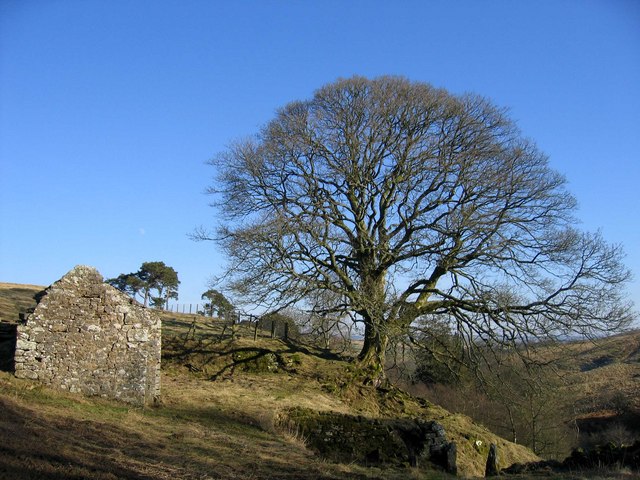Edmund Burke on the Proper Role of Political Parties
Now more than ever, we should revisit Edmund Burke’s thinking on political parties, since our modern party system seems to be entering a period of radical reconstruction, the results of which will either reinvigorate liberal democracy or bury it… With excellent timing, as Oxford University Press’s nine-volume edition of Edmund Burke’s writings and speeches reaches [...]

